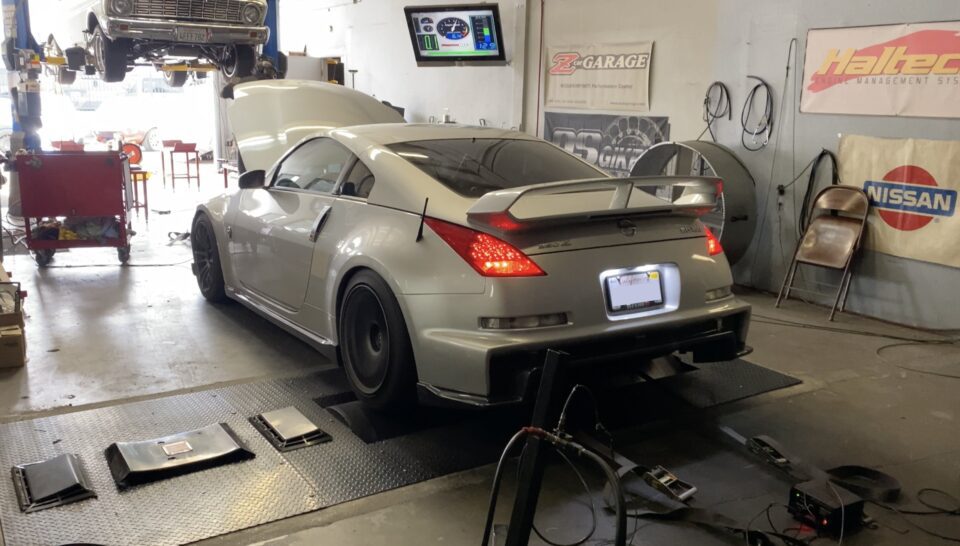Are you looking to get the most performance out of your Nissan? Tuning your car can be an intimidating process, but with some tips and tricks from the pros it can be a rewarding experience.
From choosing the right parts for your cars engine to making sure that all components are working in harmony in your drift games, tuning up a Nissan is something that requires careful consideration. With these useful insights from experienced tuners, youll soon have your Nissan running like new.
Preparing Your Nissan for Performance Tuning

Before you begin tuning your Nissan for performance, it is important to first prepare the vehicle. This process involves examining and addressing any existing mechanical issues with the car, as well as ensuring that all necessary components are in place before beginning the tuning. Here are some tips from experts on how to get started:
- Check all fluid levels – Make sure that all of your vehicles fluids (oil, brake fluid, power steering fluid, etc.) are at their proper levels before attempting a tune-up.
- Inspect brakes and suspension – It is essential to inspect both the brakes and suspension of your Nissan for wear and tear or damage prior to tuning. If there is a problem with either component it should be addressed before continuing.
- Check air filter – The air filter will affect engine performance so it’s wise to replace an old one if needed. This can help boost engine efficiency during a tune-up session.
- Look into upgrades – Upgrades may include installing more powerful spark plugs or upgrading other parts such as exhaust systems for improved fuel economy and better overall performance when driving fast or over long distances. These improvements should not be done without consulting an expert first however!
Following these steps will ensure that you have prepared your Nissan properly for its upcoming performance tuning session – allowing you experience maximum benefits from each adjustment made by the professionals!
Selecting the Right Parts and Tools

When it comes to tuning your Nissan for performance, selecting the right parts and tools is essential. A high-quality aftermarket intake manifold can significantly increase air flow and engine power, while a lightweight exhaust system could reduce back pressure in the engine.
You’ll also need appropriate wrenches or sockets to remove existing components and properly install new parts. Additionally, you should consider an ECU tuner that allows you to fine-tune specific settings for optimal performance.
Generally speaking, its best not to skimp on quality when shopping for these items as higher-end products usually come with better durability and longer warranties. When possible, try to find reviews from other owners who have used similar parts so that you can make an informed decision about whats best for your vehicle.
Understanding Basic Tuning Concepts

Tuning a Nissan for performance requires an understanding of several basic concepts. The key is to understand how the engine and its components work together in order to achieve maximum power, fuel efficiency, and speed. Its important to know what parts are needed for tuning as well as their purpose and how they interact with one another.
Additionally, knowing which modifications will provide the best results while still staying within safety parameters is essential. Understanding the basics of engine tuning can help drivers get the most out of their vehicles while avoiding costly mistakes that could mean expensive repairs or worse. With these tips from experts in the field, Nissan owners can start getting better performance out of their cars today!



